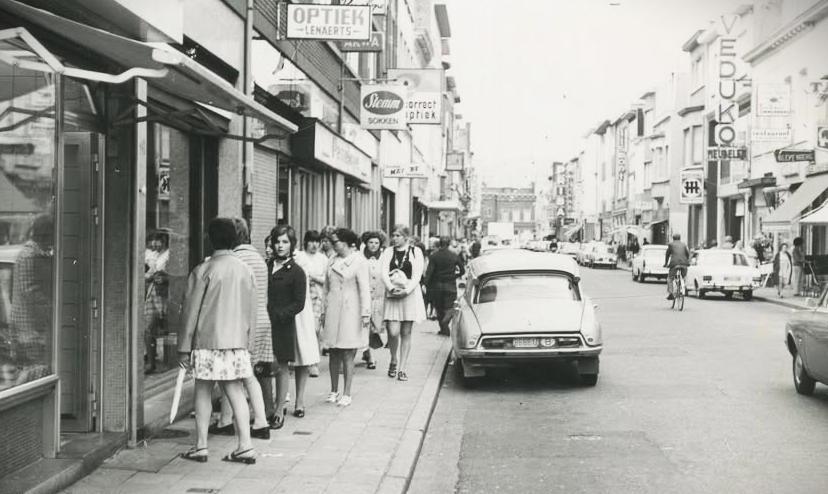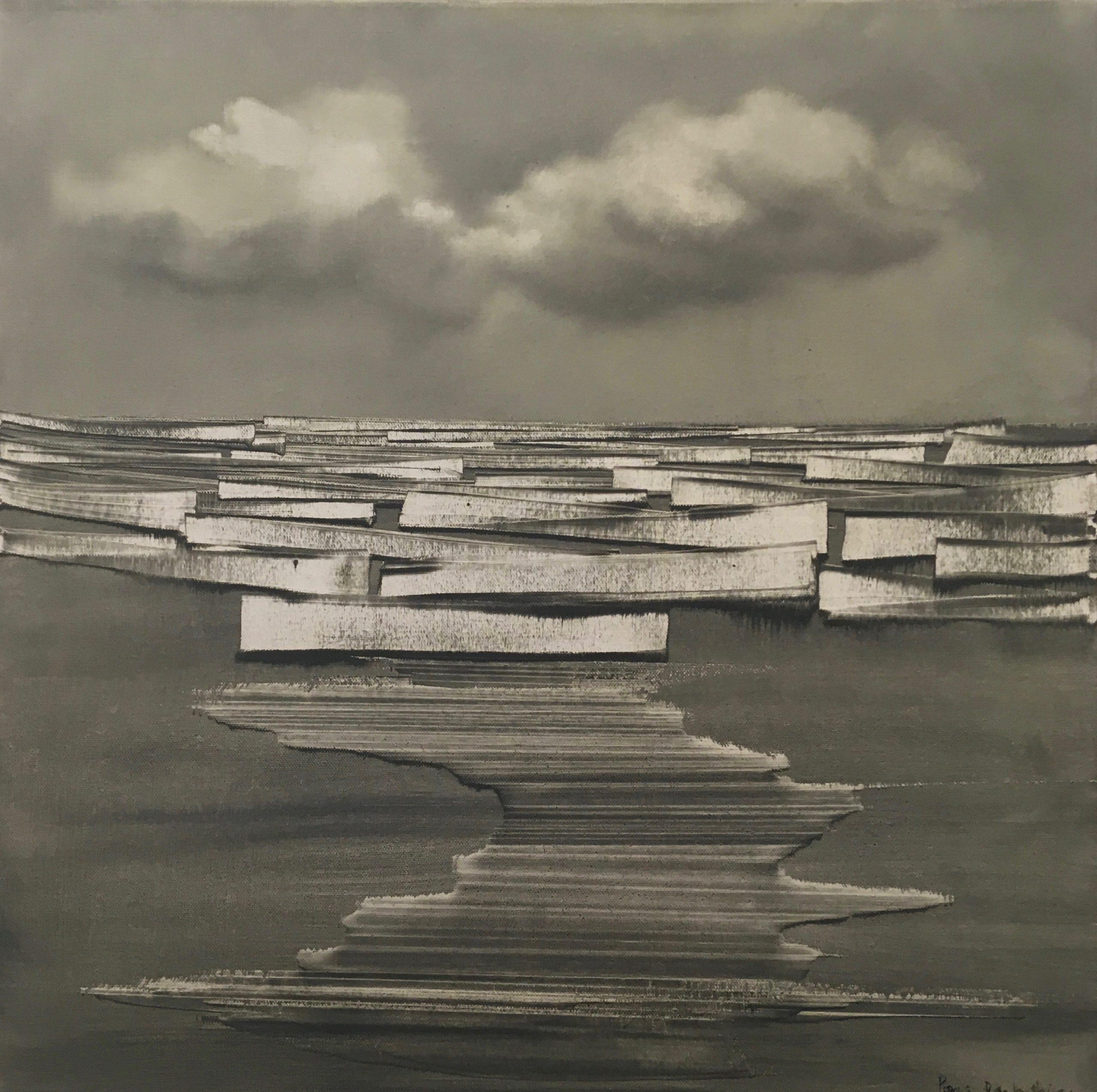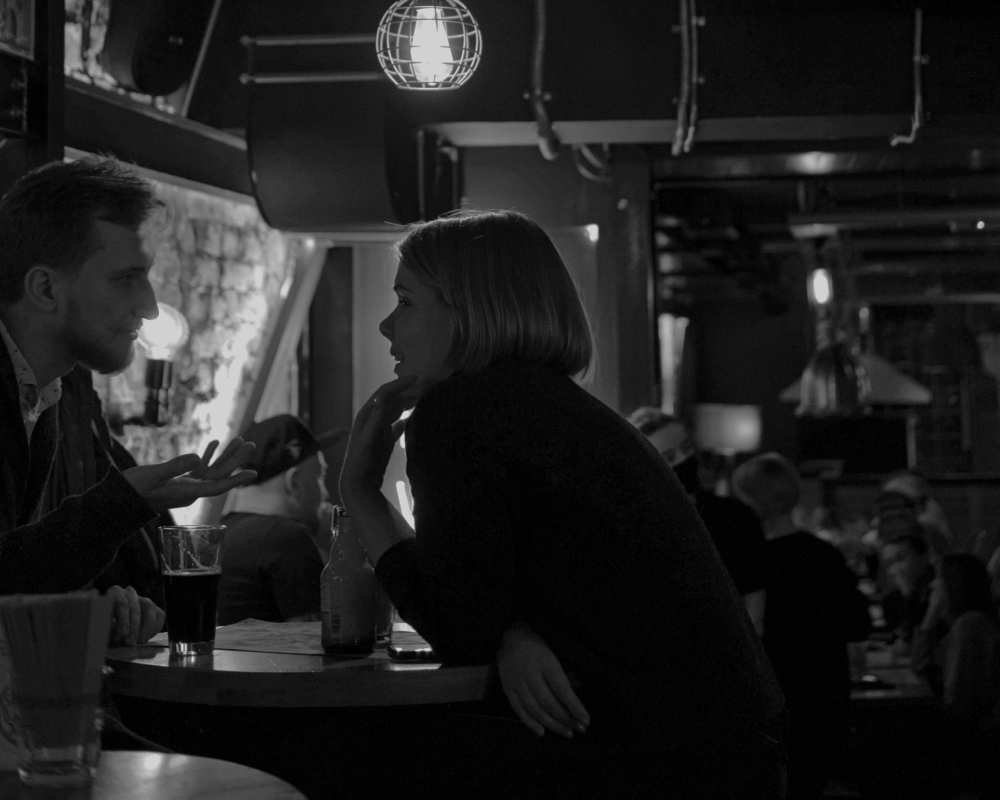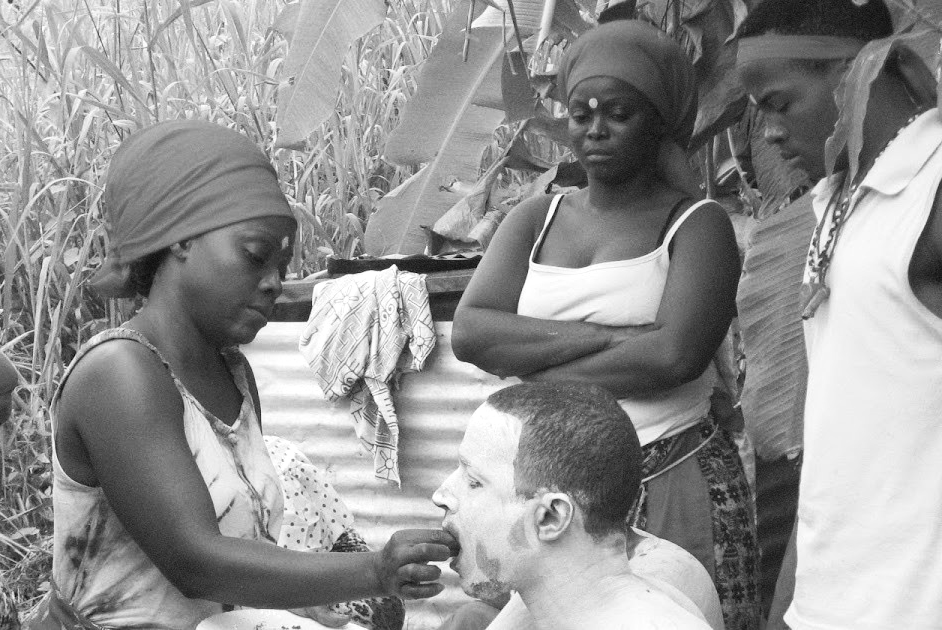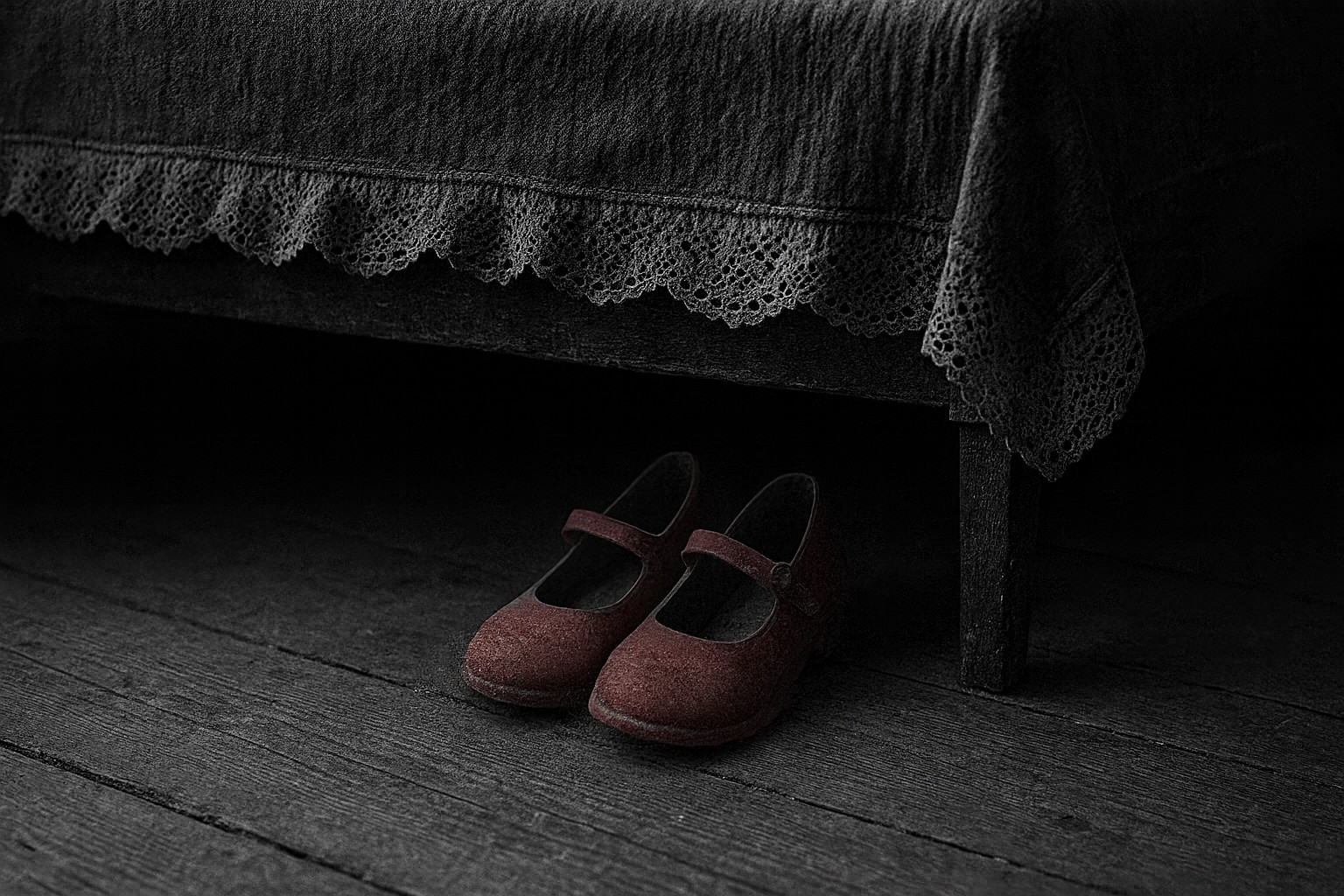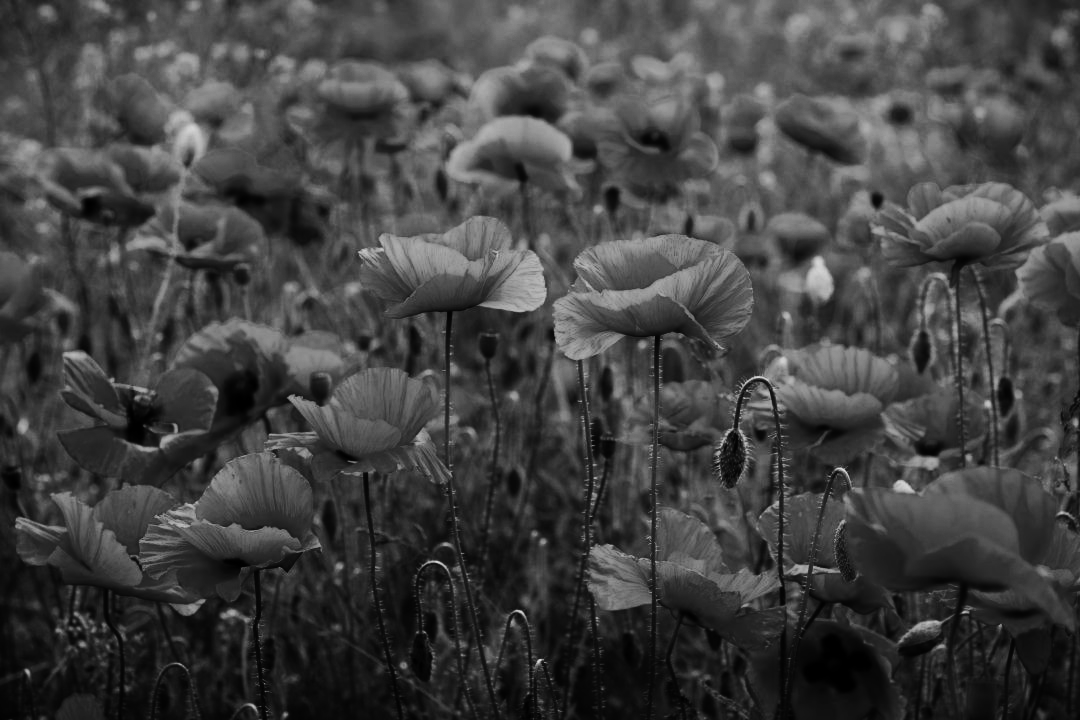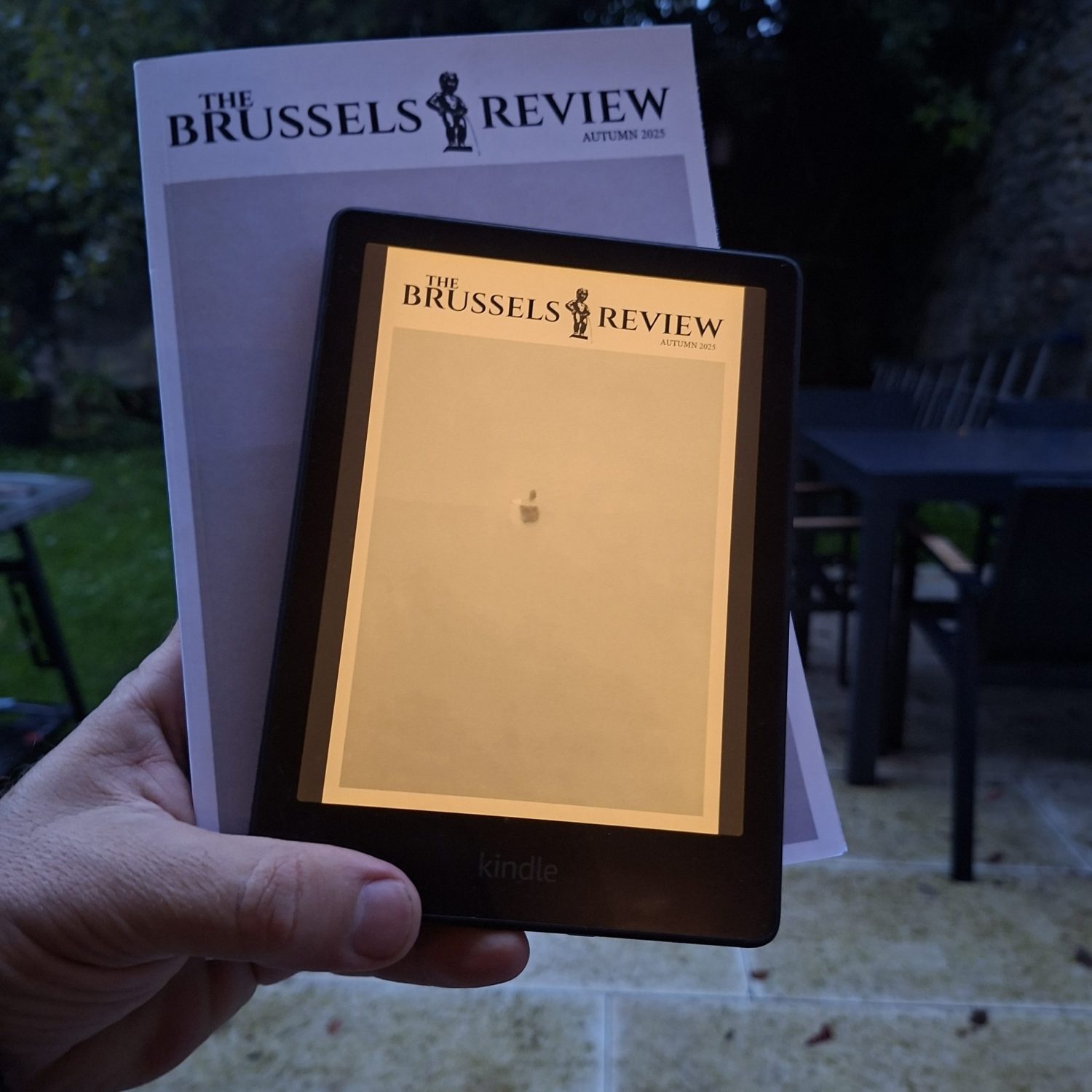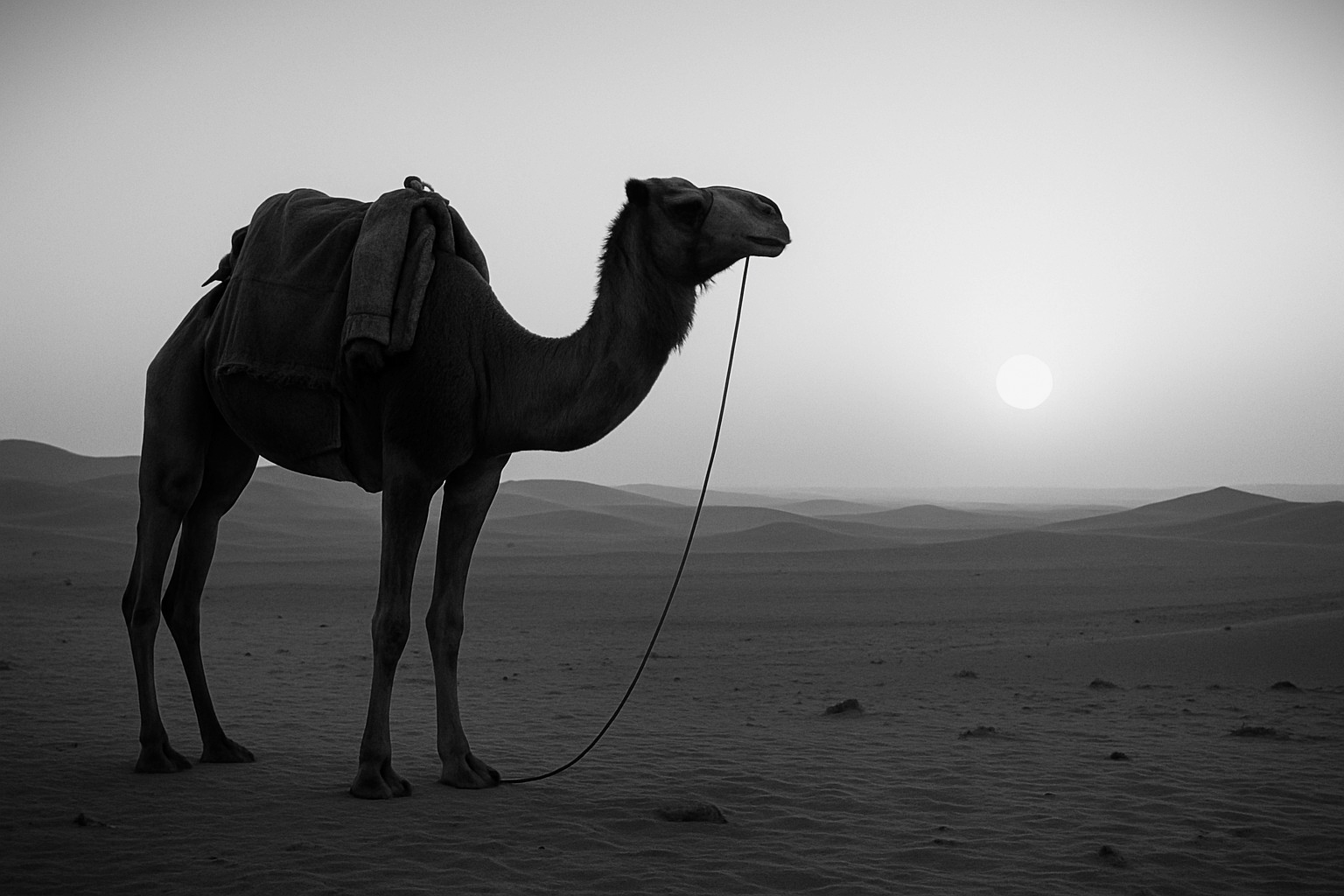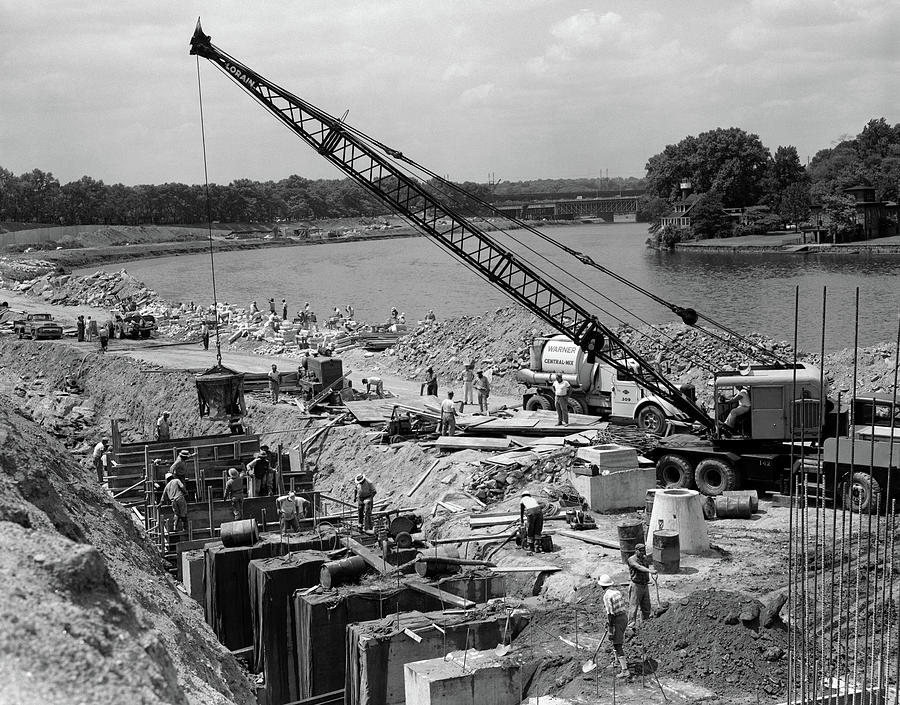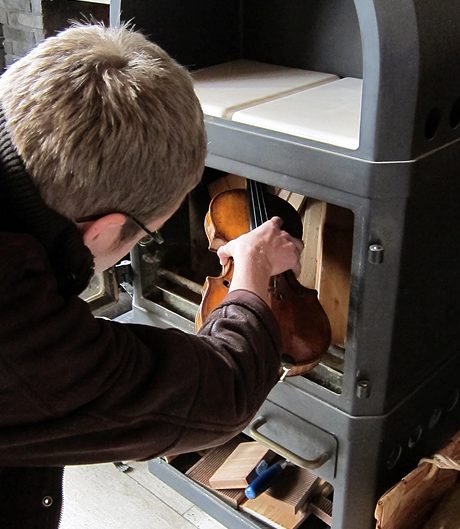Almaty in the winter is quite a remarkable sight to behold. The boulevards and parks are decorated in lavish New Year (Christmas) lights and ornaments, providing a proper, Christmasy vibe. Unlike its northern neighbor, Astana, the cold isn’t so severe that it prevents you from enjoying a stroll through one of the many tree-lined parks or alleyways of the city. The Trans-Ili Alatau Mountains that envelop the city never fail to take your breath away with their majesty. Despite increasing traffic congestion, it’s easy to forget this quaint city is home to over 2 million people. For some, winter’s coldness helps mask the city’s notorious air quality.
For my work, I used to divide my time between Kyiv and Almaty. I was last in Almaty in the winter of 2019. Not long after I left, the pandemic started. My plans to return in March were shattered, and it wouldn’t be until the final days of 2021 that I’d finally see Kazakhstan again. During the entire quarantine, I was one of the lucky ones who had never contracted COVID. I arrived in Almaty on December 29, two days before my thirty-first birthday, suffering from a sore back. I had spent Christmas in Kyiv with friends and colleagues—people I haven’t seen in person since. On my way to meet them, I was walking down the stairs to an underpass and slipped, landing in a perfectly horizontal position. The ensuing bruise took up almost the entirety of my back. With my back in shambles, I celebrated my thirty-first birthday on December 31 by finally getting COVID-19. I spent my birthday night and the New Year bedridden with a pounding headache and a spinning bedroom.
On January 2, there was an increased police presence and barricades in the neighborhood. There was talk of protests in the west of the country due to the sharp increase in liquefied petroleum gas prices, but the word was that said protests were peaceful. The police, for their part, were on extra-high alert.
My apartment window had a clear view of City Hall. From there, I could see protestors gathering. Some wore balaclavas, some held signs, and some were simply present, with motivations that an observer couldn’t possibly know. One called me insulting names when he noticed I was watching from my window.
For most of the day and night, there was shouting and clashing with law enforcement. I went to bed with my window open. Old Soviet-style apartment buildings are all equipped with central heating systems, so while it might be below-freezing temperatures outside, the inside can be oppressively hot.
Around three in the morning, I woke up coughing and with my eyes burning. The sky was blood-orange. My face, throat, eyes, and nostrils felt exactly how the sky looked—a diseased, itchy orange. I don’t imagine there is such a thing as a pleasant time to be tear-gassed, but to be awoken by it in a state of confusion is high on the list of unpleasant things. The screaming from the protests had intensified, accompanied by constant explosions and gunfire. Waking up in the state I did, I was unable to process that I had been awoken by tear gas. All I knew was that I was awake, and my senses were all being overloaded by irritating sensations. At that moment, everything was hellish, like something from an apocalyptic painting. The explosions I heard, I would learn later, were stun grenades.
President Tokayev signed decrees to introduce a state of emergency the following day. This included shutting off the internet across the entire country. I assume those in authority believed this would make things more difficult for those who intended to organize protests.
Beyond that, I was unable to make any outgoing phone calls. I had no way to contact my friends or family back home in the States. I could, however, receive phone calls. My friend and colleague, with whom I had been working online until the protests started happening, was my one source of connection with humanity. Out of respect for his anonymity, I will withhold his real name, but for the sake of readability, I will call him Dias. Dias called two to three times a day to check in and provide any information that was trickling in.
Dias was invaluable not just because he provided a friendly voice to talk and listen to and not just because he reminded me that I wasn’t alone, but he also called my father in the U.S. and explained what was happening.
The violence only increased with each day. The protestors stormed and destroyed Republic Square. Initially, stun grenades and non-lethal bullets were used to quell protestors, but that eventually evolved into using lethal bullets and explosives. Curfew was enacted, as were shoot-to-kill orders without warning. Those with guns did not discriminate against whom they shot. From my window, I saw an old man carrying grocery bags get shot simply for being outside.
The cacophony of gunfire, explosions, screaming, and windows breaking outside the apartment was without end. After several days of noise, smoke, and destruction, it was easy to believe this was the new reality. My sleep schedule became arbitrary with no internet and not daring to go outside. I would wake up, go back to sleep, wake up, try to sleep, drink water, sleep.
I brought my mattress to the kitchen floor to distance myself from windows. It didn’t make much difference. There wasn’t any pleasant sleep in those days, but because there was little else to do, that mattress island in the kitchen was where I read, thought, and listened to gunfire. Sometimes the gunfire almost became rhythmic. It was such a constant in the background that it felt suddenly jarring once it stopped. It’s an unpleasant admission when something like gunfire becomes mundane background noise. In the movies, the volume is always cranked up to eleven, and it becomes jubilant in a perverse way. In reality, however, it’s easy to disassociate those faint popping sounds with the reality that one in ten of those bullets fired very well may be hitting bone and flesh.
The only thing I had to provide distraction and entertainment were two books I had brought along—Troy by Stephen Fry and Temple of the Golden Pavilion by Yukio Mishima. Both were remarkable in their own way and now hold a very special place in my memory due to the time I read them. Fry, while clearly having fun in describing the arbitrary silliness of ancient mythology and rituals, never stuck his nose up at it. On the contrary, he had a clear reverence for the material, which enabled him to take a story that’s already been retold a million times and make it as exciting as if discovering it for the first time. Mishima’s book, however, is the type of work you read when already dealing with darkness and you’re curious to see how far into the abyss you’re willing to go.
Russian “peacekeepers” were called in to quell the situation. Sleep would be interrupted by gunfire and shouting. One day, the Russians used my apartment complex to set up fixed positions to overlook the walkways approaching Republic Square. They shouted at residents to open doors, their footsteps echoing down the hallways and staircases, getting ever closer to my own flat but eventually avoiding my place entirely.
Provisions were only the food that was left in the freezer by the previous tenants—a half-depleted bag of frozen pelmeni. On the day I realized the protests wouldn’t be ending any time soon, I thought it wise to ration the dumplings, having no idea when the next time I might be able to purchase food would be. I failed miserably in this and went for at least three days without food.
One morning started with a quiet calm. If ever there was a day to risk a trip outdoors and search for food, a better moment would not come. Directly outside my apartment complex were the remnants of barricades. Walking further along brought me to Abay, one of the main streets in the city. There were wrecked cars and smoldering cars and police cars and overturned ambulances and vehicles in which only a rough skeleton remained. The ground was littered with ash, blood, and many other broken things. Most of the establishments had smashed windows and had been looted. The occasional passerby in a mask would appear. Was he wearing a mask due to COVID, due to being a protestor, or a mix of the two? Anyone outside at that moment seemed suspicious of anyone else outside, but for the time being, gunfire had taken a break.
As one would expect, stores were closed or ransacked. Eventually, I came to a small fruit and vegetable stand. The long line was full of shivering elderly people, waiting patiently to get whatever was left from the store. I took my place. Not long after, masked assailants fell upon the store, armed with saws, knives, and any makeshift weapons they could find. That would be another day chalked up to being without food.
Dias, my only company besides my books, helped me devise a plan to get out of there. He had been in touch with our colleague, a woman I’ll call Assel. I’d seen her around the office but had never actually spoken more than a word to her. Despite our barely being acquaintances, she and her son had agreed to drive to my location and take me to an apartment in a safer part of the city. This was all done without me being able to get in touch with her, so when I went outside, all I could do was hope that I would find her, she would see me, and there would be no complications along the way.
Not only did they risk coming to a dangerous part of the city to aid someone who was only little more than a stranger, but they brought bread, milk, and cookies, and I had never tasted anything better.
I rode out the rest of the Almaty troubles in a quiet neighborhood. Within minutes, the gunfire and smoke and tear gas and screaming were already a distant memory. Eventually, the internet came back on, and life was as normal as could be, so long as you looked past all the damage that was done. Cafés reopened, the streets began to fill up, and life continued.
Despite life returning, a curfew was in place, with people not to be out on the streets after ten p.m. Once the connection returned, the higher-ups in D.C. confirmed I would soon be heading back to the States. I didn’t want to leave. What for? The troubles were over. I needed help a week ago. But that’s how life works; solutions are provided only after the issue at hand has been resolved.
In the few days following the protests and before my departure, stores and businesses began to reopen. Some would open much later (or not at all) due to being completely destroyed. Grocery stores were mostly lacking in essentials and almost unanimously lacking in beer. Beer and booze were the first items people stocked up on. By some miracle, I found some of the most unpleasant beer options available and drank them with Dias. My diet consisted of bread, cookies, milk, and beer.
What was gained from these protests? Two hundred twenty-seven people were dead. Over 400 businesses were damaged. What was it all for, and who was responsible? Answers vary depending on whom you ask. Some say it was just a snowball effect: what started as initially peaceful protests brought disenfranchised, angry people together. One tiny spark of violence led to larger and larger gestures that couldn’t be contained. Violence happened because angry people joined together and encouraged one another.
Others report that the entire thing was artificially organized. Daniil Kislov of the Ferghana Information Agency said that unrest was likely orchestrated by former president Nazarbayev’s nephew, Samat Abish, who had been ousted from his role as deputy head of the State Security Service by President Tokayev. Human rights activists in Almaty report that violence only started once groups clearly organized by aggressive marauders began the march on City Hall.
I won’t pretend that I know and have some ability to provide clarity. At the end of the day, does it matter? This isn’t being glib or apathetic, but people were killed, and nothing seems to have been gained or changed. Among the nearly 300 dead, how many of them were aggressive lunatics looking to destroy just for the sake of causing harm? Even if 290 of those killed all fit the bill, I can’t help but think the old man carrying grocery bags was just trying to go home and eat when he got killed.
It’s easy to dive into the realm of conspiracy, especially considering only a month later Russia launched its full-scale invasion against Ukraine. I’ve heard locals say that Russia deliberately caused the instability in a neighboring country (Kazakhstan) so they could then send their own forces as heroic peacekeepers and make it abundantly clear that Russia’s neighbors will always need their strong, big brother to save the day, because none of these countries are capable of self-governance. Is there any truth in this? Who knows? It’s so easy to blame Russia for such things, as they are quite good at meddling in the affairs of their neighbors, but until there is clear evidence, all I can do is chalk it up to conspiracy theory.
This is no attempt to compare what I witnessed for one week to what those in Ukraine and Palestine are witnessing on a daily basis. That’s a type of trauma I hope to never have to understand. Having said that, I find myself in a weird predicament in which I witnessed horrific violence up close, and I find myself unsure as to whether I have overreacted to it or underreacted. If I overreacted, it feels like I’m trying to insert myself into the events more than I was. At the end of the day, I was a passive observer. I saw what I saw, but I myself was not harmed. If I act like it had a huge psychological effect on me, I feel like I’d be exaggerating the truth. But if I say it had no effect on me at all and I got over it and carried on with my life, I’d feel callous and shallow. All I know is I didn’t like it and hope to never experience human cruelty on that scale ever again.
Not everyone should have to be subjected to violence to be anti-war, but the more I go on social media and see the unbelievably misinformed people when it comes to matters of war and genocide and the killing of civilians, I can’t help but think, “You’re so privileged to have never seen it firsthand.” It’s so easy not to give a shit when something isn’t happening in front of you.



